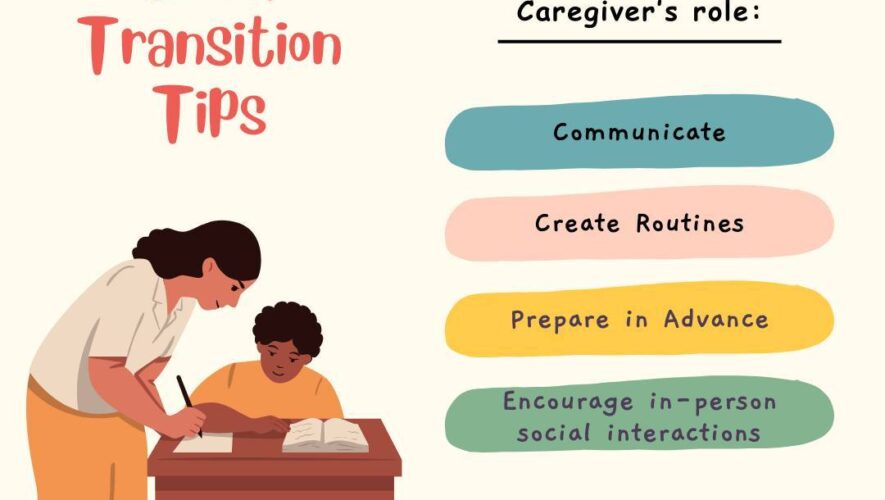“Costs should not be a barrier to higher education.” tweeted Mayor Michelle Wu. “Boston’s Tuition-Free Community College (TFCC) Plan, including our new pilot partnership with @MassArt, will continue to help more residents afford, attend & complete college.”
Hope is on the rise for those seeking free higher education in Boston. Mayor Michelle Wu announced the expansion of free tuition at six Massachusetts community colleges and the broadening of eligibility to include all Boston residents regardless of income, age, or immigration status. The initiative is meant to increase enrollment and the obtainment of quality jobs. According to Mass.edu, the average cost of community college in Massachusetts is between $6,500 and $7,500 a year as of 2023. It only goes up from there with state universities and University of Massachusetts schools reaching well above 10,000. “The cost of a college education far outpaces the cost of living everywhere.” Jackie Jenkins-Scott. Interim President of Roxbury Community College said “So cost is always a factor.” The plan will effectively wipe away that factor for those who are looking to return to school but don’t have the finances to do so. This expansion of the Tuition Free Community College (TFCC) program will be implemented starting fall of 2023.
The original plan was introduced back in April of 2016. Bunker Hill Community College and Roxbury Community College began participating in June of that year and MassBay Community College joined in January of 2017. In May, it was expanded to include students from private and charter schools, and in the following years, the participating community colleges grew to include Benjamin Franklin Institute of Technology, Massasoit Community College, and Urban College of Boston. The Massachusetts College of Art and Design also has a new program with MassArt that offers a tuition-free bachelor’s degree to Federal Pell grant eligible students transferring from a partner community college as well.
There was a one-million-dollar investment in May, 2022. The recent expansion includes an additional investment of $4 million. The push for the enrollment and completion of school comes from low enrollment numbers, according to WBUR. Over the past 5 years, there has been a decrease in 2-year public college enrollment and an increase in Boston public school graduates simply entering the workforce. “The program expansion is designed to nudge residents back on track to earning a degree.” Wu said. She added, “Students in the tuition-free community college program are three times more likely to graduate from community college than peers. These young people earn more credits, enjoy higher employment rates and report higher earnings.”
The TFCC plan covers up to three years of tuition and fees for Boston residents seeking an associate degree or certificate program at any of the six participating community colleges mentioned above. Those looking to continue their degree past this point can also look into Boston Bridge. This program partners with the TFCC and State’s Commonwealth Commitment programs, allowing eligible students to earn a tuition-free bachelor’s degree. The MassArt Transfer program is another option for continuing education after utilizing the TFCC. Such a plan strengthens the pursuit for higher education but also incentivizes a more involved community that promotes quality jobs.
Under the TFCC plan, all tuition and mandatory fees remaining after any applied financial aid is covered, including $250 for each semester up to three years, with college-related expenses such as books and transportation in mind. It also covers debt of up to $2,500 for students having trouble re-enrolling due to outstanding balances from a partner college. Each college has a separate page dedicated to the process; the first step being determining eligibility. Those looking to use the TFCC to go back to school must be a Boston resident, enroll in an associate degree or short-term certificate program at a partner college, and must complete a FASFA. Those who are already enrolled at a TFCC school are not eligible. Once enrolled, there is no need to re-enroll in the subsequent three years covered. Eligible students need only continue filling out their FASFA and summer courses are included in the package. Boston.gov also notes that there are limited TFCC spots at Franklin Cummings Tech.
“As cost effective as a community college is, it is still very challenging for many families,” Jenkins-Scott told CBS News, “The mayor’s expansion of this program is actually vital to retention, to keeping people in school.” The program is getting a lot of positive feedback. The tweet by the mayor received many responses, residents commenting on how it will save those thousands of dollars. This investment which allows for such an incredible educational opportunity is coming from the federal American Rescue Plan Act (ARPA), ($3 million) and the Community Project Funding which is providing the additional $1 million, secured by Congresswoman Ayanna Pressley last year, according to Boston.gov.
Speaking about how the TFCC program has affected her, Diva Barbosa de Oliveira, who enrolled at MassArt said, “Knowing that my school can be paid in full gives me inspiration. The program helped me really motivate myself to really study, to give more of me to really achieve my dream, my career dream and be a better person tomorrow and inspire others.”



